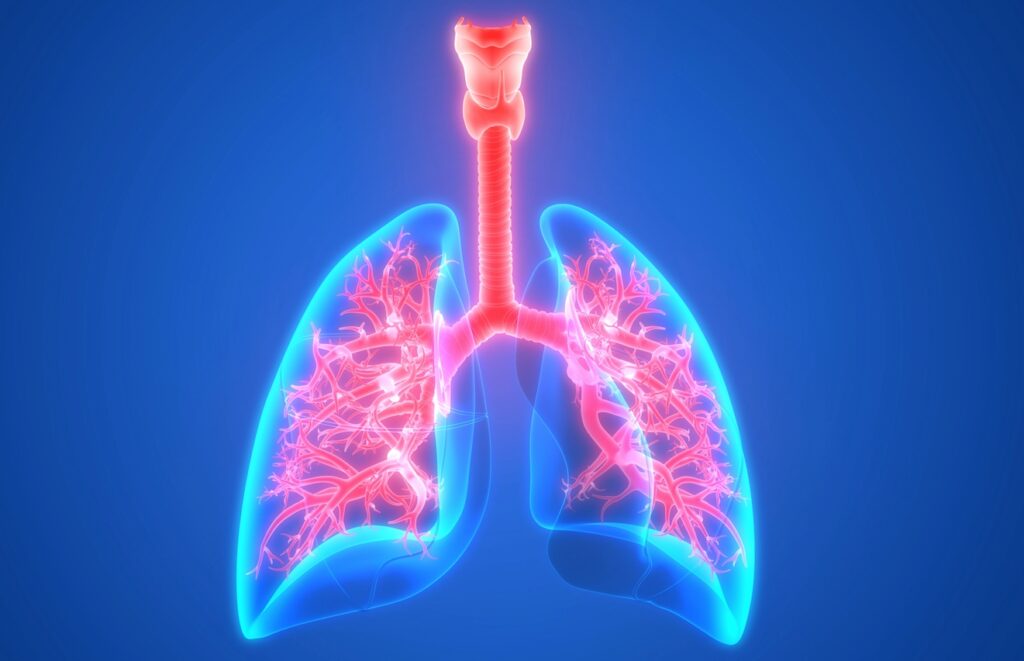Mast Cell Activation Syndrome (MCAS) can cause coughing and lung congestion due to mast cells’ role in the body’s immune response. Here’s a breakdown of how this works:
Mast Cells and Their Function
Mast cells are a type of white blood cell involved in allergic reactions and immune defense. When triggered, they release chemicals like histamine, cytokines, and other mediators, which help protect the body from perceived threats (like allergens or infections).
MCAS and Respiratory Symptoms
In people with MCAS, mast cells are overly sensitive and can be inappropriately activated, leading to an excessive release of these chemicals. When this happens in the lungs and airways, it can cause a variety of respiratory symptoms, including:
- Coughing: Histamine and other mediators released by mast cells can irritate the airways, leading to coughing as the body attempts to clear out perceived irritants.
- Congestion: The chemicals released can also cause inflammation and increased mucus production in the airways. This can lead to congestion and a feeling of tightness in the chest.
- Bronchoconstriction: Histamine can cause the muscles around the airways to tighten, leading to bronchoconstriction (narrowing of the airways). This can contribute to breathing difficulties, wheezing, and congestion.
- Increased Mucus Production: The inflammatory response triggered by mast cells can increase mucus production, leading to further congestion and difficulty clearing the lungs.
Managing Symptoms
To manage these symptoms, it’s important to identify and avoid known triggers of mast cell activation, which can vary from person to person. Treatments may include antihistamines, mast cell stabilizers, and medications to reduce inflammation. Working with a healthcare provider who understands MCAS is key to developing a personalized management plan.
If your symptoms are worsening or if you are experiencing significant respiratory distress, it’s important to seek medical attention.



